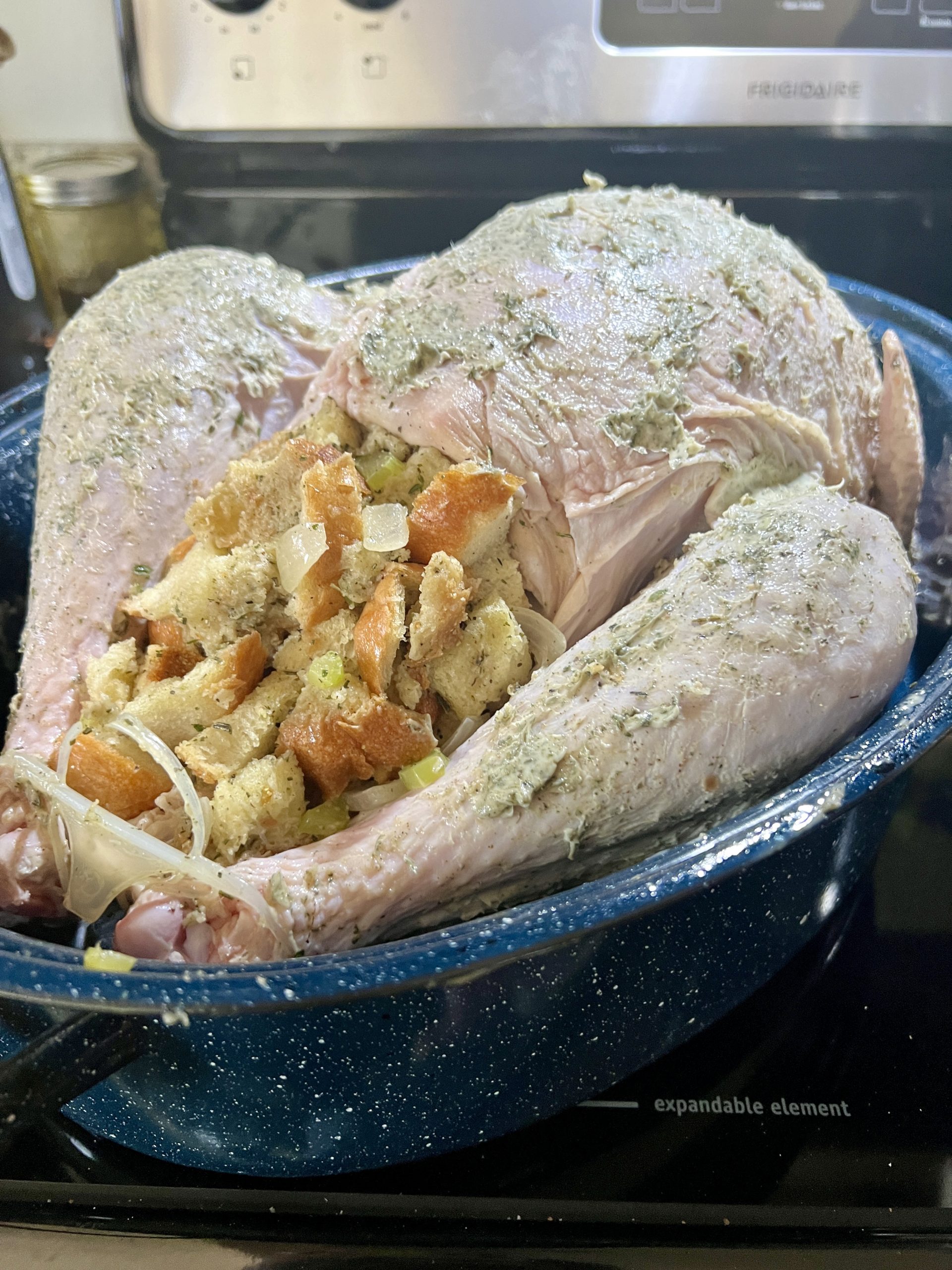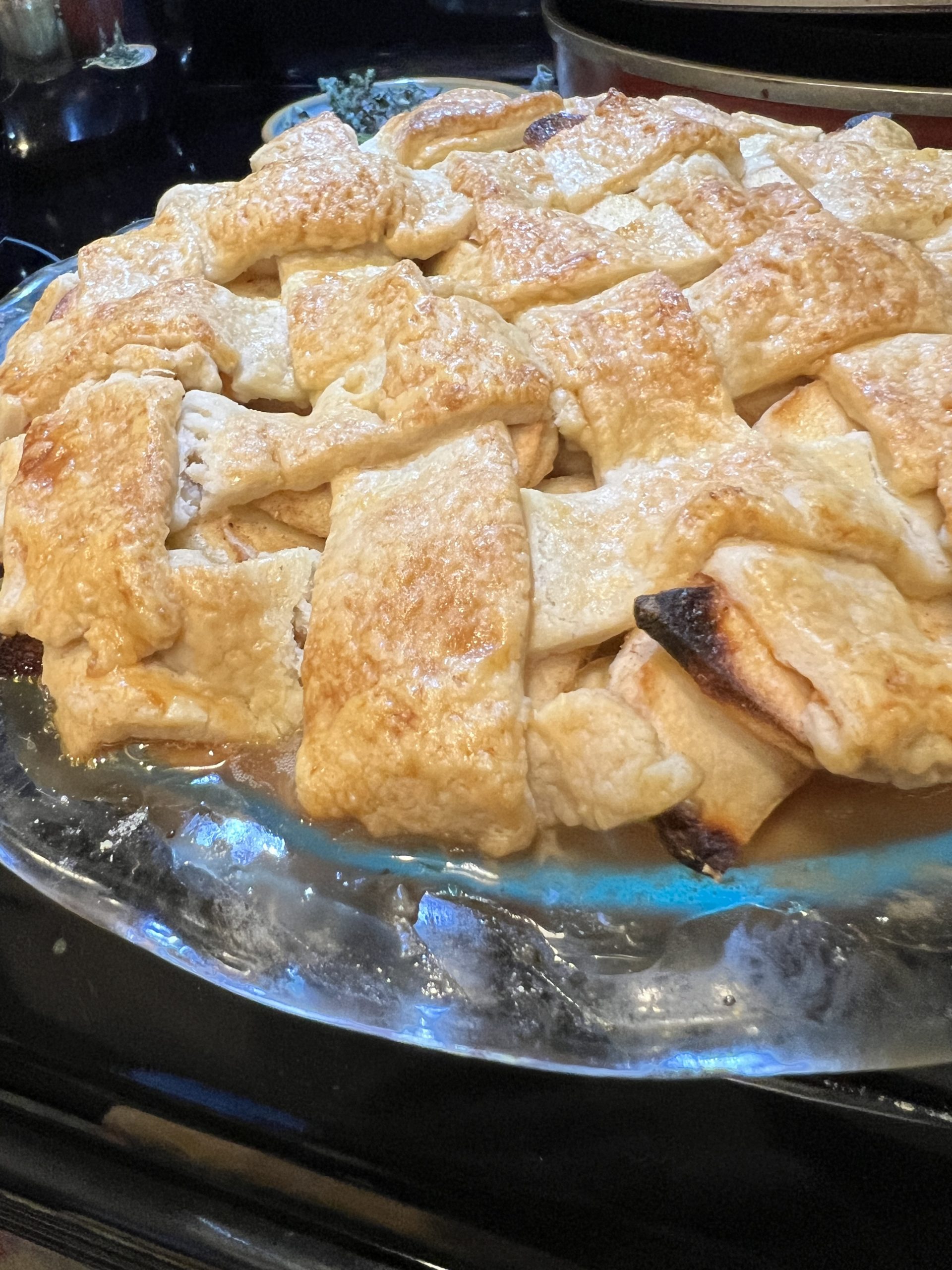Holiday overeating is not unique to Americans, but it is a cultural trend that is observed in many societies around the world. In the United States, several factors contribute to the perception that people tend to eat more during the holiday season, which typically spans from Thanksgiving in late November through New Year’s Day. Here are some reasons why this might be the case:

1. Tradition and Celebration:
- Holidays in the U.S., such as Thanksgiving, Christmas, and New Year’s, are often associated with festive meals and gatherings. It’s a time when people come together to celebrate, and food is a central element of these celebrations. Traditional dishes and special recipes are often prepared, contributing to larger and more indulgent meals.
2. Social and Family Gatherings:
- The holiday season is a time for socializing and spending time with family and friends. Many gatherings revolve around food, and people may feel compelled to indulge in special treats and dishes prepared for these occasions.
3. Cultural Expectations:
- There is a cultural expectation that holiday meals should be elaborate, hearty, and indulgent. Many traditional holiday dishes are rich and high in calories, contributing to an overall increase in food consumption during this time. Holiday overeating can be pressured.
4. Seasonal Availability of Food:
- The holiday season coincides with the winter months when certain foods are in abundance. This can lead to an increase in the variety of dishes served, as seasonal ingredients are used in cooking.
5. Emotional and Stress Eating:
- The holidays can be a stressful time for some people, whether due to family dynamics, financial pressures, or other factors. Stress can contribute to emotional eating, where individuals turn to food for comfort or as a coping mechanism.
6. Culinary Marketing and Advertising:
- Food marketing and advertising play a significant role during the holiday season. Advertisements often promote special holiday-themed treats and meals, encouraging people to indulge and try new products.

7. Perceived Permission to Indulge:
- Some individuals perceive the holidays as a special time when it’s acceptable to indulge in richer and more decadent foods. The mindset of “it’s only once a year” can lead to overeating. Check out this article from Forbes on how healthy eating during the holidays improves wellness and productivity and lengthens life.
8. Leftovers:
- Many holiday meals result in leftovers, and people may continue to consume these foods for several days after the initial celebration, contributing to prolonged holiday overeating and indulgence.
Be sure to search our blog for other nutrition topics we have written on, such as Habits & Results, and Beware of Nutritional Fads.

You did a great job. I will definitely digg it and personally recommend it to my friends. I’m sure they’ll benefit from this site.
Great post! Very informative and well-written. Looking forward to more content from this blog!Thank you
I do not even know how I ended up here, but I thought this post was great. I don’t know who you are but definitely you’re going to a famous blogger if you aren’t already 😉 Cheers!
I have perused some remarkable items on this site that are unquestionably valuable to bookmark for later use. I’m interested in how much effort you put into creating such a fantastic and instructive website.